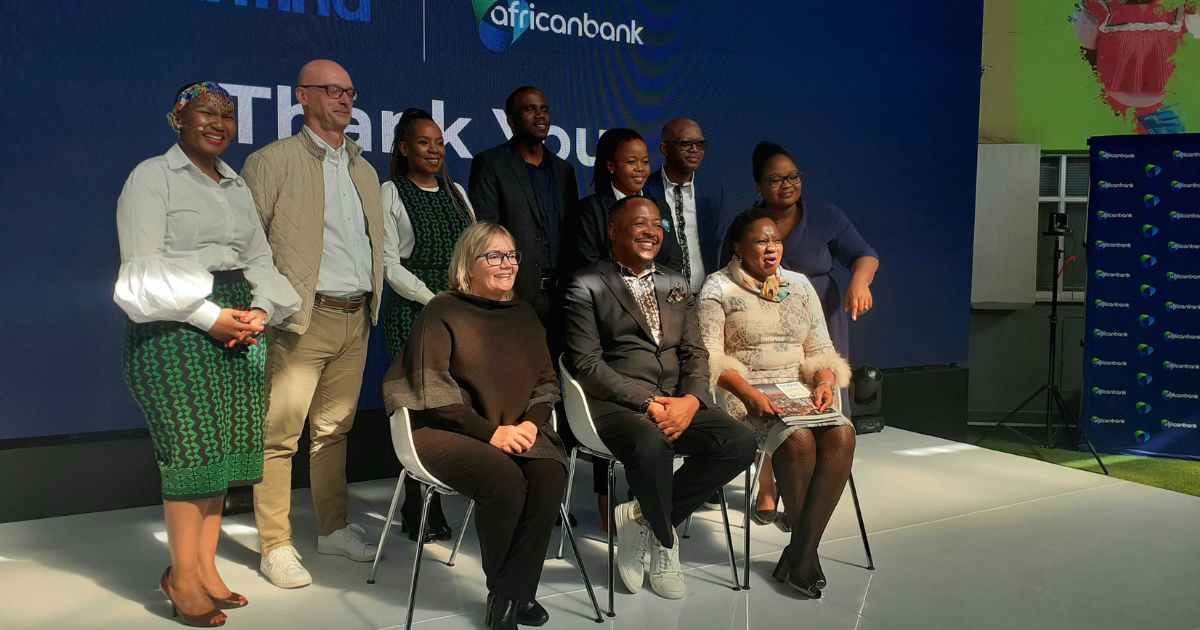SA Budget Blow-Up: What Parliament Can Learn from the 2025 Finance Committee Crisis

South Africa is bracing for a potentially turbulent financial future, and the recent crisis within the Finance Committee regarding the 2025 budget has shone a stark light on the need for significant reform within Parliament. EFF MP Sinawo Thambo argues that this situation isn’t just about numbers; it’s a crucial wake-up call for a new era of governance – one built on shared power, strict adherence to the law, and a shift away from the practices of the past.
The 2025 budget crisis, as reported, exposed deep divisions and disagreements over spending priorities and fiscal responsibility. While the specifics of the disagreements are complex, the underlying issue is clear: a lack of transparency and accountability within the decision-making process. This isn't a new problem; it's a symptom of a broader culture within Parliament where power is often wielded unilaterally, and legal processes are sometimes circumvented to suit particular agendas.
Thambo’s perspective, rooted in the principles of the Economic Freedom Fighters (EFF), emphasizes the need for a fundamental shift in how Parliament operates. He contends that the traditional model of concentrated power, where decisions are made behind closed doors and with limited public scrutiny, is no longer sustainable. The current system, he argues, fosters corruption, inefficiency, and a disconnect between the elected representatives and the people they serve.
The Era of Shared Power
The core of Thambo’s argument lies in the concept of shared power. This doesn't simply mean increasing the number of committees or giving more MPs a seat at the table. It means fostering a culture of genuine collaboration and consensus-building. It means actively seeking input from civil society organizations, experts, and, most importantly, the communities that are directly affected by government policies. This requires a willingness to compromise, to listen to dissenting voices, and to acknowledge that no single faction holds all the answers.
Upholding the Rule of Law
Equally important, according to Thambo, is a renewed commitment to the rule of law. The perception that laws can be bent or ignored when it suits those in power erodes public trust and undermines the very foundation of a democratic society. Parliament must be seen as an institution that holds itself to the highest standards of integrity and accountability. This means rigorously enforcing ethical guidelines, investigating allegations of misconduct, and ensuring that all decisions are made in accordance with the law.
Lessons for the Future
The 2025 Finance Committee crisis, while undoubtedly challenging, presents a valuable opportunity for Parliament to learn and adapt. By embracing the principles of shared power and upholding the rule of law, Parliament can build a more transparent, accountable, and responsive government. This requires a willingness to confront uncomfortable truths, to challenge entrenched power structures, and to prioritize the interests of the South African people above all else. The future of South Africa’s democracy may well depend on it.
Thambo’s call for reform is a potent reminder that true democracy is not simply about casting a vote every few years; it’s about active participation and holding those in power accountable. The Finance Committee crisis serves as a critical juncture – a moment where Parliament can choose to perpetuate the status quo or embrace a new era of governance that truly reflects the will of the people.






